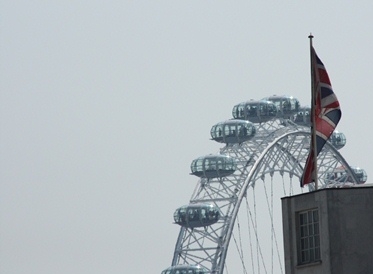There seems to be a myth going around that media training leads to boring spokespeople. This is fundamentally untrue. While bad media training may lead to bad spokespeople, good media training should bring about a situation where not only are your spokespeople the best interviewees that they can be, but also where you find that journalists keep coming back for expert commentary and that your company is constantly sought out for high level interviews.
I witnessed an argument on Twitter the other day where some journalists were claiming that media training leads to over-polished, bland spokespeople who never say anything worth reporting. I think it’s possible that bad media training may have this result, but more likely than not, it’s a lack of any training whatsoever. Good media training should teach you how to present information in an interesting, clear and quotable way. It should teach you to make sure that you always have an interesting viewpoint or angle, and that you’re giving a journalist something that they can use. Someone who has been well media trained will never be the person who talks to a journalist for an hour, but fundamentally gives them nothing they can use.
We always tell clients that for something to be considered newsworthy it must meet one of a set of criteria. These include things like having strong opinions, topicality, being unusual or extreme and having a human angle. The fact of the matter is that if you don’t give journalists something that’s newsworthy and relevant, they will stray into the areas that you do not want to discuss. And if they do stray in a certain direction – it’ll be one you aren’t prepared for. Therefore, we advise taking a strong viewpoint and being bold in your convictions as well as making sure that you keep the information relevant.
Remember, in any interview there will always be three agendas at play, yours, the journalist’s and that of the audience. What is crucial is finding the common ground so that you place yourself in a win-win situation. A good journalist will be thinking about their customers and therefore, you must ensure that you are telling a story that will resonate with them. This is an area where great media training can really make a difference teaching you the skills to find the best possible way to interlink your business story with the journalist’s objectives – leading to a great interview.
Of course, we also teach clients to engage with controversial issues where appropriate, and that communicating in a crisis is usually the right thing to do – rather than avoiding contact. Communication works both ways – if you want to speak to the press in the good times, you have to be prepared to speak to them in the bad times too. Media training is often the difference between a company that knows how to communicate in a crisis and one that says nothing, and as we know – saying nothing will often escalate a situation.
Admittedly, being great in interviews is by no means easy and no one’s a natural. Investing time and effort into a media training programme, can give you the tools and practise you need to ensure that you know how to hit that sweet spot, and make sure that when a journalist takes to Twitter, it’s to say how great you are to interview. At the end of the day, the press want someone who can talk intelligently and coherently whilst giving them the information they need. Media training ultimately makes people the best interviewees that they can be – and that keeps the opportunities rolling in.




Comments